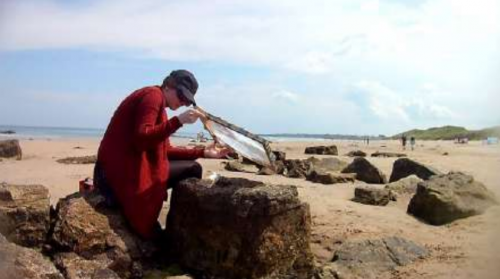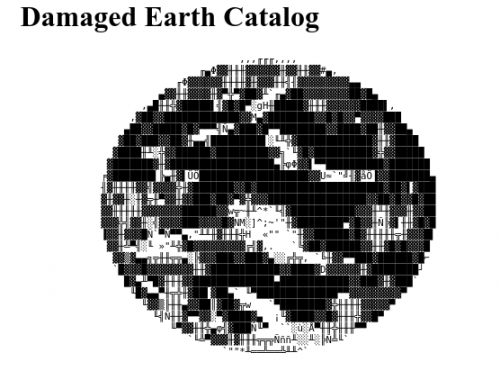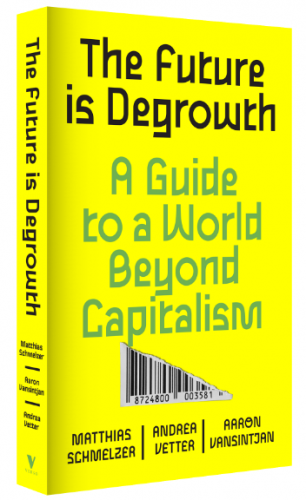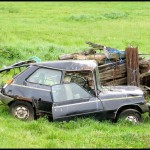Marie Verdeil made a tutorial for a simple wooden bike trolley. It is available in English and French on the Low Tech Lab wiki.
Method to create a simple bike trolley, using up-cycled materials. Easily fixated to every bike (adult size). Holes on the board help attach any kind of cargo. It’s made out of wood and simple hand tools, no welding required. Dimensions are detailed and can easily be adapted to the material available.
I tried to create a trolley, which can replace the car to go to the market / grocery shopping. No need to transport heavy cargo, but big objects (cardboard boxes, crates, wood, etc.) – Therefore it needs to be easily adaptable, with the option to fix a crate on the board. + Priority goes to second-hand materials!










